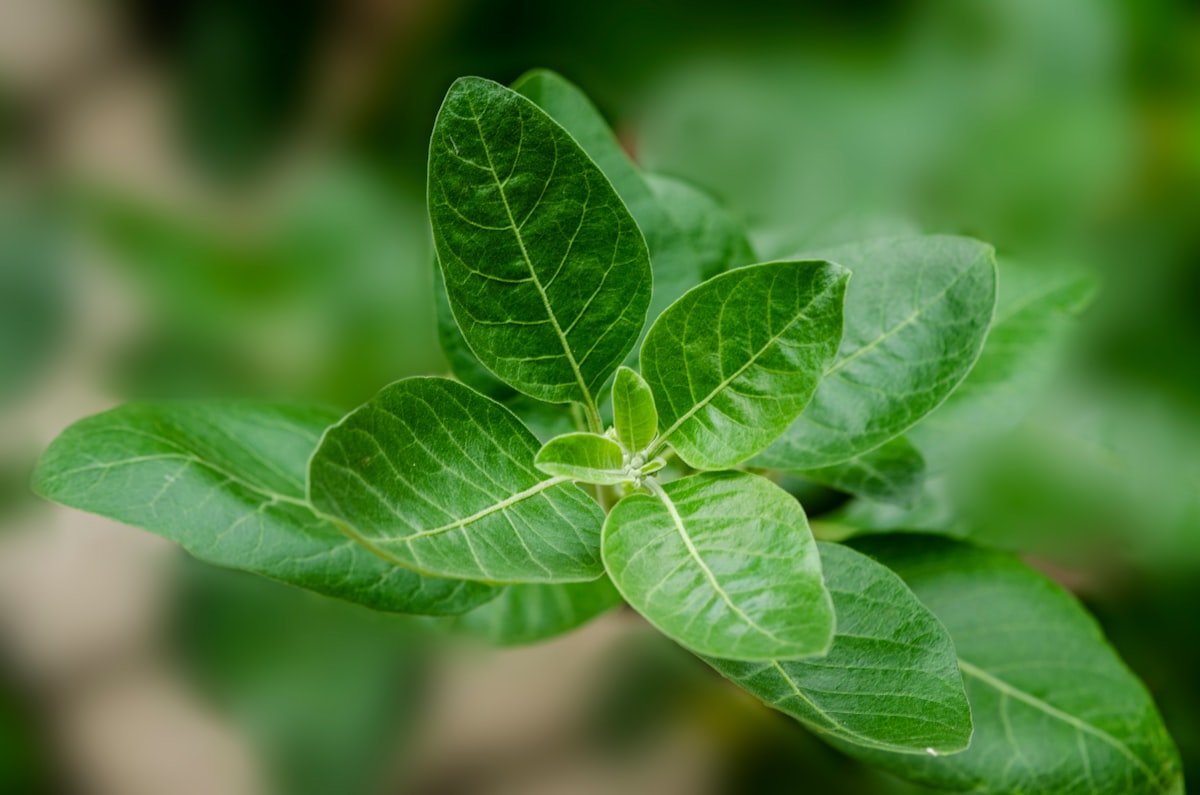what is ashwagandha?

Across the deserts, plains, and mountains of northern India, there’s one herb that has been gathered for more than 6,000 years to be used in cooking, religious rituals, and in Ayurvedic medicine. The name of this versatile herb is Ashwagandha. Its botanical name is Withania somnifera, and it’s also known by several other names including “Indian Winter Cherry” or “Indian Ginseng.”
The ashwagandha plant is a small shrub with yellow flowers that’s native to India and Southeast Asia.
Ayurveda classifies Ashwagandha as a “rasayana,” or rejuvenator. People have used ashwagandha for thousands of years to relieve stress, increase energy levels, and improve concentration. Extracts or powder from the plant’s root or leaves are used to treat a variety of conditions, including anxiety and fertility issues.
Classified as an adaptogenic herb, Ashwagandha promotes a healthy response to environmental, emotional, and physical stress. These days, Ashwagandha capsules are widely available everywhere, that can be taken as a daily dietary supplement to promote restful sleep and help manage stress, as well as bolster the immune system.
Benefits for Mind and Body
Modern research is gradually confirming the Ayurvedic belief that Ashwagandha is an excellent herb for both mental and physical well-being. Here are some of the many benefits of Ashwagandha:
- Balances stress response
- Improves physical performance, stamina, and endurance
- Provides cognitive support
- Brings a sense of vigor and vitality (can be used as a tonic)
- Has calming effect in challenging situations
- Supports a healthy mood and positive mindset
- Promotes restful sleep
- Safe for long-term usage
Traditional Significance
In Sanskrit, Ashwagandha” translates to “the smell of a horse,” which refers not only to its distinct and unique scent, but also to its ability to help provide strength, power, and lifeforce energy.
Ashwagandha has been long considered the “prince of herbs” mainly because of its long-standing range of health benefits. If we look at Ayurvedic scriptures, it’s easy to observe the historic significance of Ashwangandha in both physiological and spiritual realms as the herb is mentioned countless times. Ancient Indian texts on medicine such as Charaka and Sushruta Samhitas, which date back to 400 CE, explore numerous uses of Ashwagandha in daily life.
Who is it for?
While traditionally associated with men’s health, Ashwagandha offers ample benefits to women as well. Widely considered as a supreme herbal supplement, it’s great for anyone from college students to professional athletes to people working in the corporate world. In essence, any individual who wants to experience a sense of calm and stamina as well as get through their day in a balanced and energized way will find Ashwagandha incredibly helpful.
Children can take Ashwagandha for a healthy stress response too, but dosages should be discussed with a health professional. Pregnant and nursing women should refrain from taking this herb. Be sure to check with your doctor before taking Ashwagandha if you are taking medication or have a preexisting condition.


